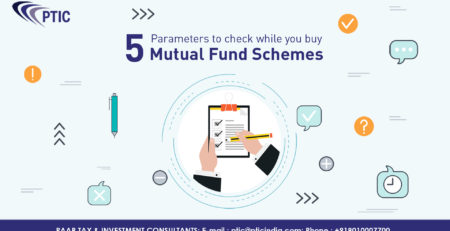Life is an uncertain journey wherein many factors can disrupt the flow of life. If you are a part of the growing middle class who is working for a company, you are dependent on a regular monthly income. This regular monthly salary ensures that one can take care of every need promptly and plan accordingly.
Electricity bill, telephone bill, mobile and internet bills, and other monthly expenses dine outs with the family etc. These all expenses are dependent on the bread earner’s monthly salaries.
What never strikes most professionals is how their families will manage these regular expenses if they are not around.
Whether is it an untimely accident or a life-threatening disease, when a family loses their salaried member it can disrupt their lives in more ways than one. Not only do they have to deal with the emotional trauma of losing their loved one, they also have to deal with the consequences of financial instability.
The solution to avoid such a dire situation is insurance which doesn’t make a huge dent in a worker’s monthly salary. All the while it ensures that the entire family remains financially secure. Term insurance is a must-have product for anyone who has dependents in their family.
It can be purchased online directly from the insurer’s website (through PTIC INDIA) in just 10 minutes. The monthly premium is very cheap and starts from about Rs. 380 per month. One added benefit is that these plans also give tax benefit under section 80C.
Consider terms carefully
However, there are some factors to consider before signing up for Term Insurance which is a time-bound policy.
Before buying insurance, it is important to note the extended features or riders attached to the policy.
In fact, you can even extend the protection element in the policy by paying a nominal fee. It will cover factors like personal accident cover, critical illness cover, and waiver of the insurance premium.
An important thing to note here is that if the insured professional survives the policy term, there will be no payout, at all.










